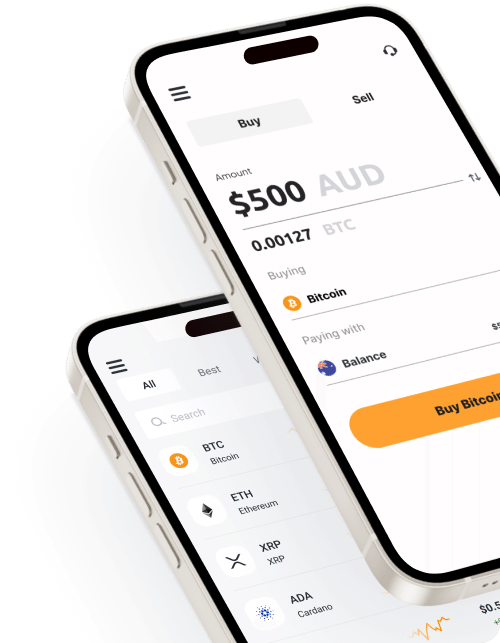Blockchain articles
Sign up to get the latest news from bitcoin.com.au
-
Crypto withdrawal delays explained
We explain delays in crypto withdrawals, why it happens, and why we do it here at bitcoin.com.au.
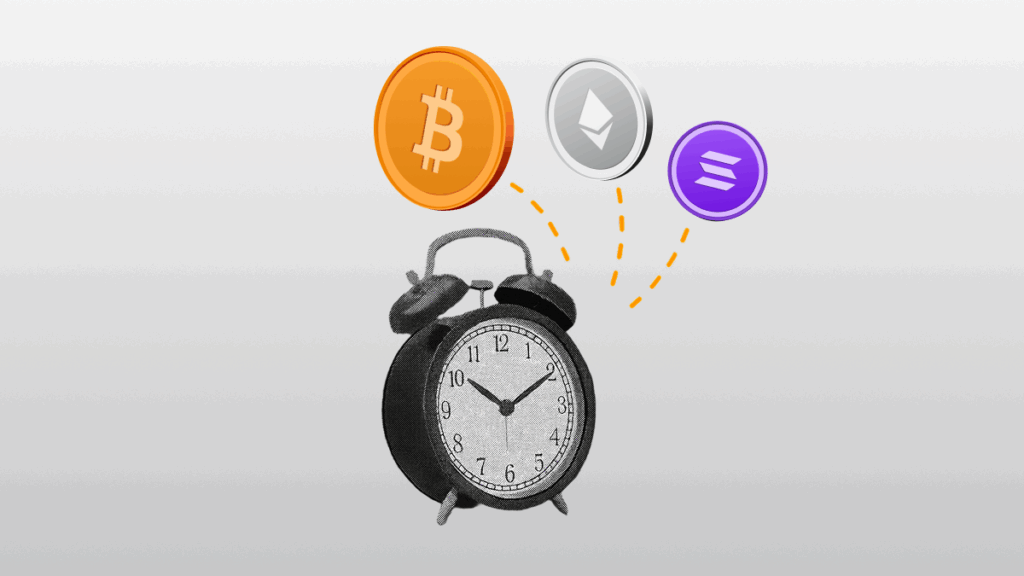
-
Native vs smart contract deposits explained
Not all crypto deposits work the same way. Some arrive instantly, while others risk being lost, and the difference comes down to whether you use a native transfer or a smart contract.

-
Solana explained
Discover Solana, a high-speed, low-cost blockchain platform, known for its unique Proof of History feature and efficient smart contracts. Learn about SOL, Solana’s native token, and its growing role in the NFT space. Understand why Solana stands out for its speed, scalability, and eco-friendliness, while also considering potential risks like network instability and centralisation concerns.
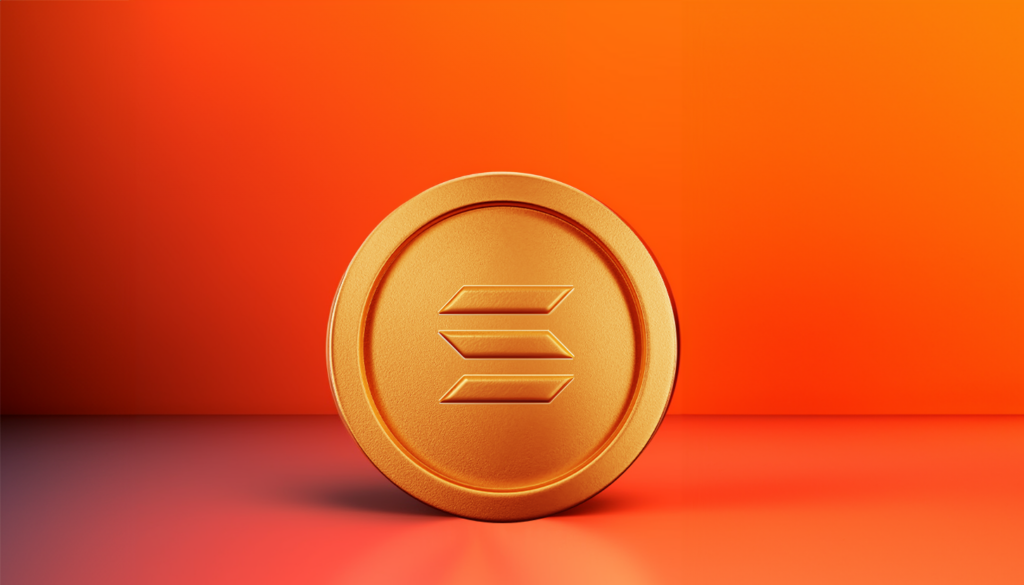
-
Select the right blockchain network when transferring crypto
With cross-chain support, bitcoin.com.au now makes it easier to connect across different blockchains networks. Enjoy faster transactions, lower fees, and all the benefits of multiple networks in one simple platform. It’s your gateway to a more connected crypto experience!
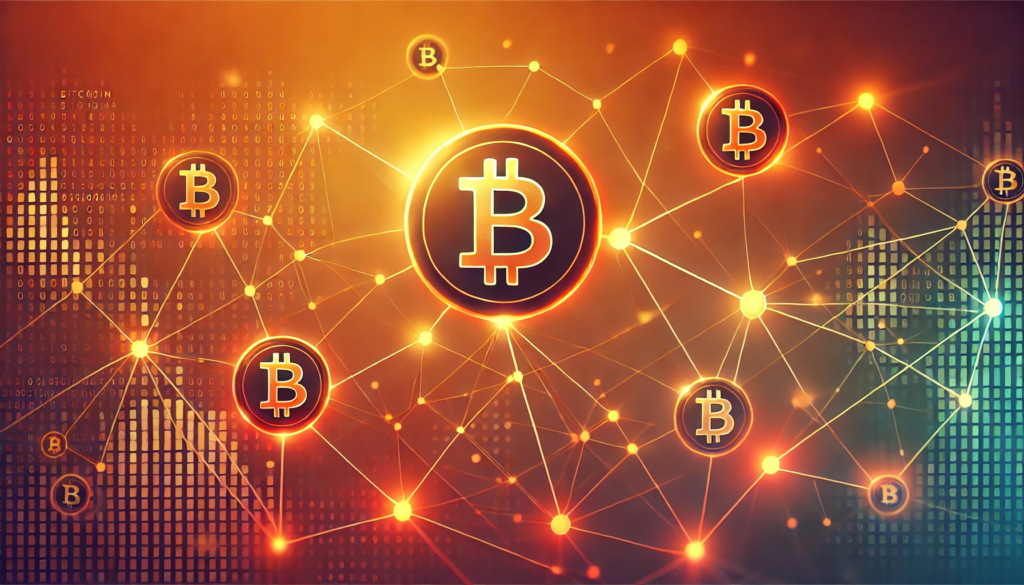
-
Litecoin vs Ethereum
You’ve probably heard of Bitcoin – the big name in the cryptocurrency world. But today, we’re diving into two other digital coin superstars: Litecoin and Ethereum. It’s not just about picking team blue or team green. Each has its own unique features, strengths, and uses. Whether you’re curious about dabbling in digital coins or simply […]
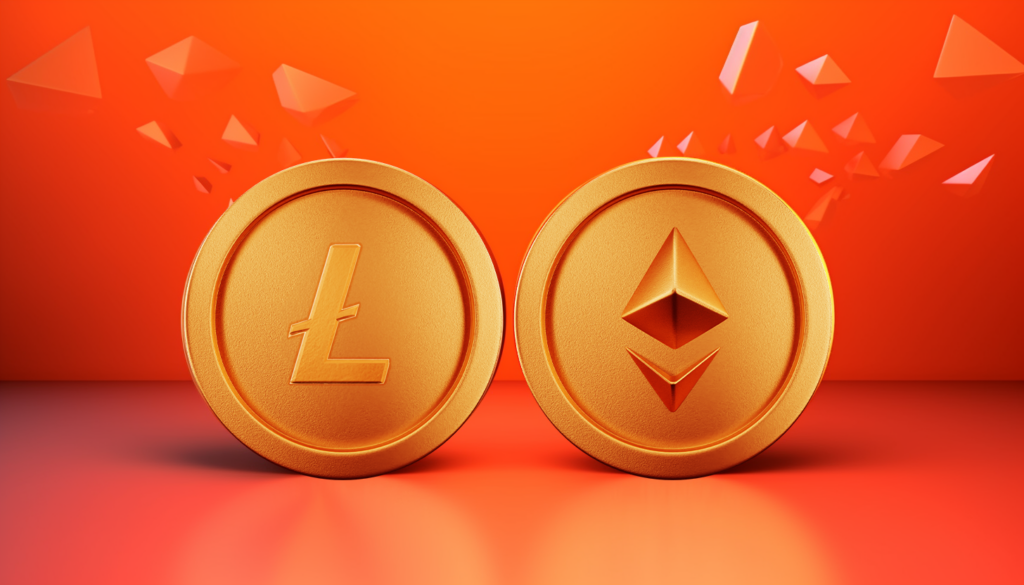
-
Maximise returns with Solana staking: Your ultimate guide to earning rewards
Dive into Solana staking: Earn rewards passively by delegating SOL to validators. Learn to choose wallets, validators, and navigate risks.

-
Ripple (XRP) Explained
Discover Ripple (XRP), the cryptocurrency designed for fast and low-cost cross-border transactions. Learn about its unique tokenomics, where all tokens were created at inception, and its efficiency in global finance. Understand the potential risks, including legal and regulatory challenges, and how to start using XRP.
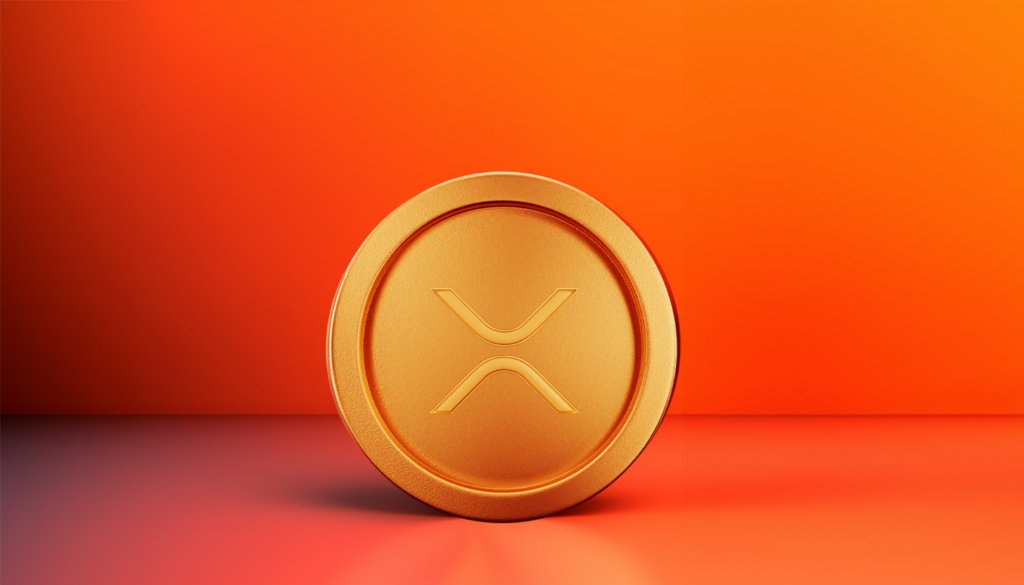
-
Tether Explained 🌐
Discover the essentials of Tether, a stablecoin tied to the US Dollar. Understand how it tokenises fiat currencies to maintain a 1:1 peg, offering quick transfers and low fees. Discover why Tether is a popular choice for stability in the volatile crypto market, but also learn about its potential risks, including regulatory scrutiny and reserve concerns.
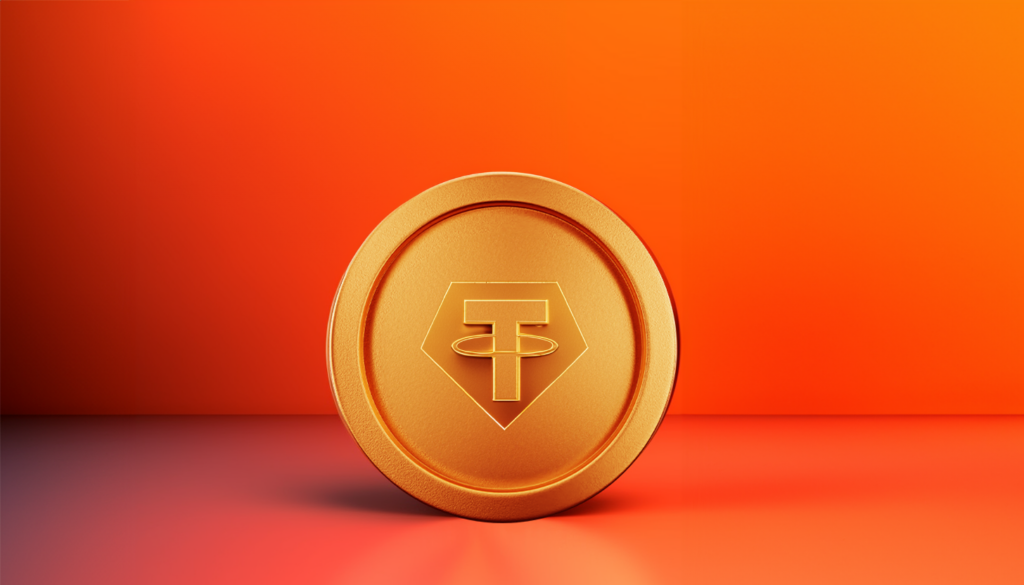
-
Ethereum Explained 🌐
Delve into Ethereum, the versatile blockchain for smart contracts and DApps. Learn how the Ethereum Virtual Machine and Proof of Stake make it unique, and explore its tokenomics, NFT capabilities, and energy efficiency. Understand the risks and how to get started with Ethereum.
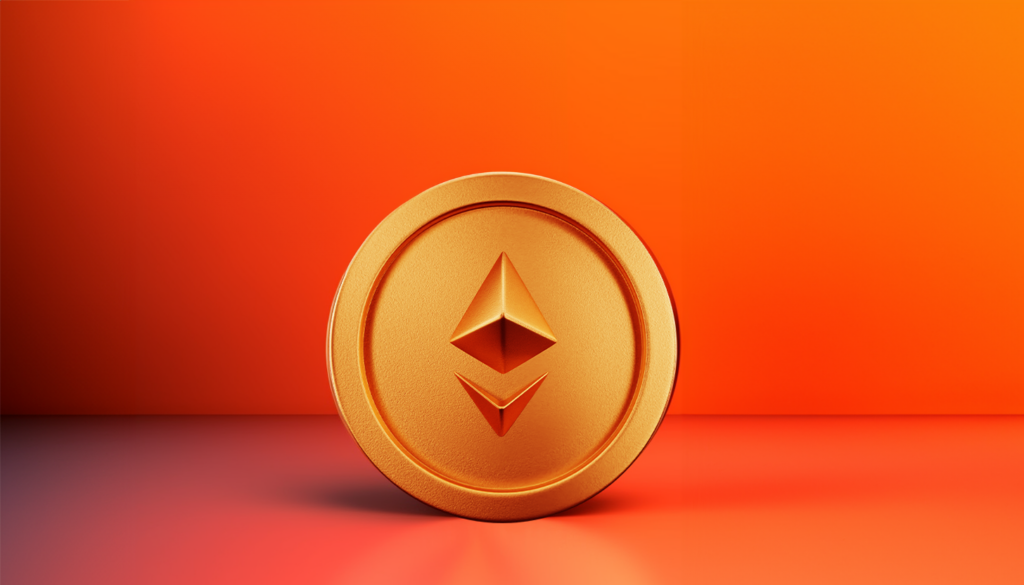
Buy crypto in Australia
The easiest way to buy Bitcoin and crypto
